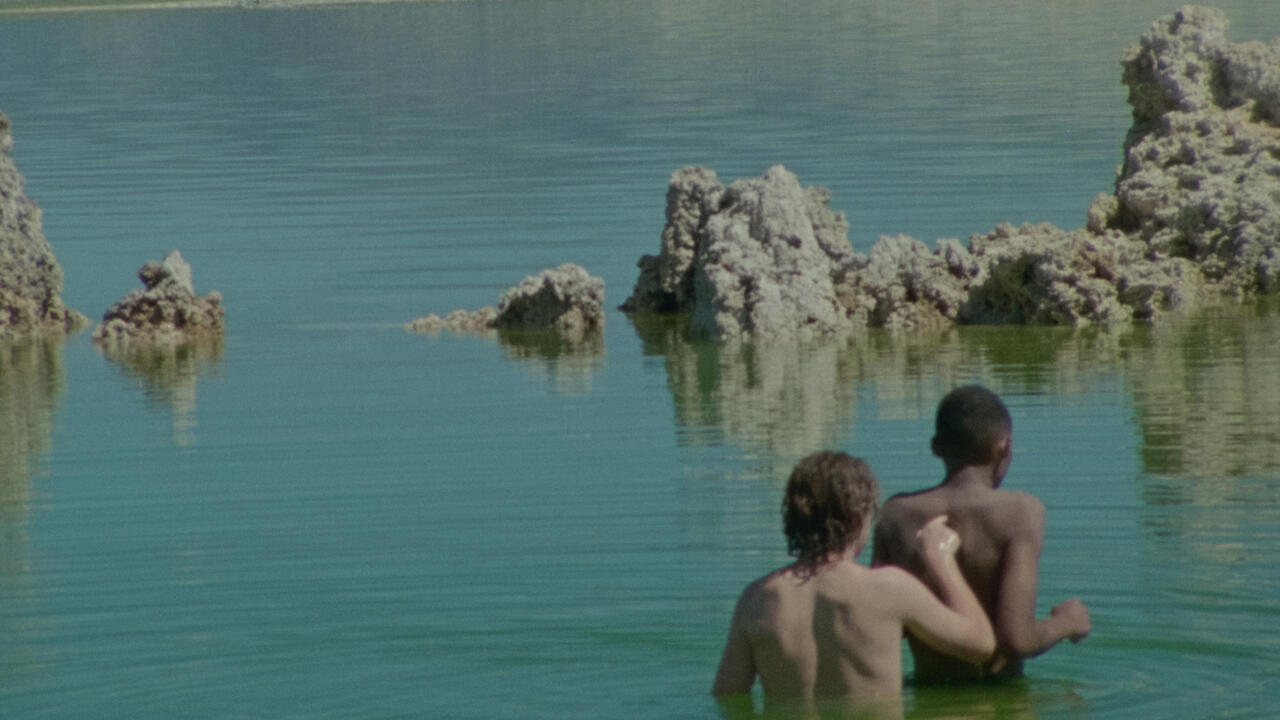‘Berlin has always been divided, so it’s important to find forms of solidarity.’ – María Inés Plaza Lazo
In the March issue of frieze, Carina Bukuts chairs a roundtable conversation on the future of Berlin’s institutions, with contributions from curator and writer Anselm Franke, the co-founder and editor of Arts of the Working Class, María Inés Plaza Lazo, the director and founder of CCA Berlin – Center for Contemporary Arts, Fabian Schöneich, and artist Sung Tieu. Plus, Edna Bonhomme speaks to Carolyn Lazard ahead of the artist’s exhibition at the Walker Art Center, Minneapolis.
Dossier: What’s Next for Berlin?
‘All of the dominant models, the desire for representative prestige and appeals to the city’s symbolic role are completely stuck in the 1990s.’ Following a series of new appointments for Berlin’s museums, frieze associate editor Carina Bukuts discusses the future of the city’s institutional landscape with curator Anselm Franke, critic María Inés Plaza Lazo, curator Fabian Schöneich and artist Sung Tieu.
Conversation: Carolyn Lazard and Edna Bonhomme
‘For me, bodies could also be explored through how they interface with economic, carceral and diagnostic systems.’ Ahead of their debut solo institutional exhibition at the Walker Art Center, Minneapolis, artist Carolyn Lazard speaks to Edna Bonhomme about avant-garde film traditions, the aesthetics of access requirements, and finding community with Black disabled artists.
Also featuring
Adam Mazur reviews the rise of right-wing art in Poland as the Law and Justice Party systematically eliminates opposition within the country’s institutions. In ‘1,500 words’, Alexander Kluge reflects on Walter Benjamin's favourite film and the pleasure machines of Coney Island. And Carina Bukuts profiles Rabih Mroué, whose solo show at KW Institute of Contemporary Art, Berlin, opens in mid-February.
Columns: Front Lines
Fernanda Brenner discusses Brazil’s overlapping art and activism initiatives with the co-founder of À Reviravolta de Gaia, Mariana Lacerda, and artists Camila Motta and Cafira Zoé. Ian Bourland speaks to Kellen Johnson – a member of the Baltimore Museum of Art’s security team – about a new exhibition he is curating at the Maryland institution. Caitlin Chaisson profiles The Forge Project – an Indigenous-led initiative – focusing on their exhibitions, programming and fellowships as part of the Land Back Movement. Mariam Ghani interviews Rahraw Omarzad about Afghanistan’s current situation and future art scene. Plus, SAKA (Artist Alliance for Genuine Agrarian Reform and Rural Development) contribute a diagram situating their creative practice within the broader realm of political expression for land rights and justice.
Plus, Gazelle Mba responds to a single work by Rachel Jones and the latest iteration of our Lonely Arts column. And, finally, we re-instate a popular frieze format Going Up, Going Down, charting what’s hot and what’s not in the global art world.
Subscribe now and explore nearly 30 years of editorial on frieze.com.



















































